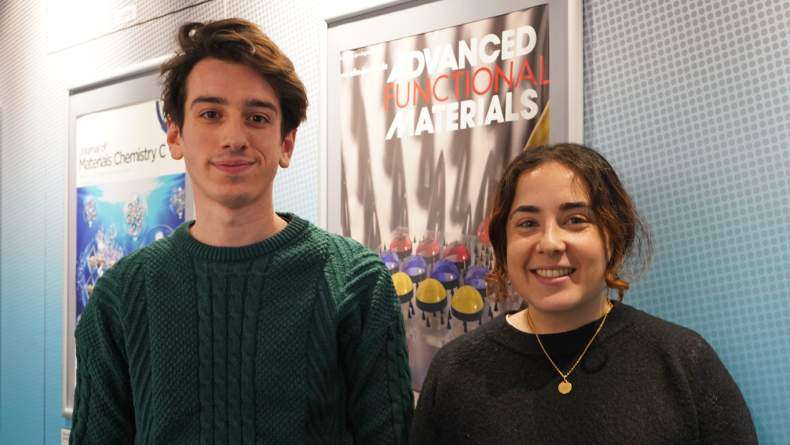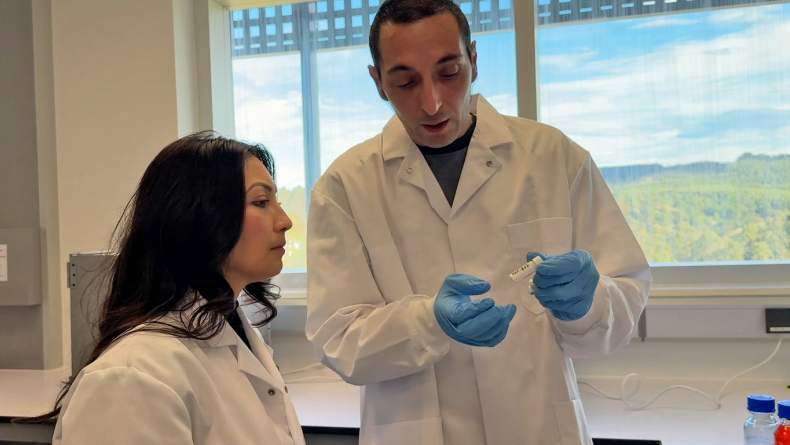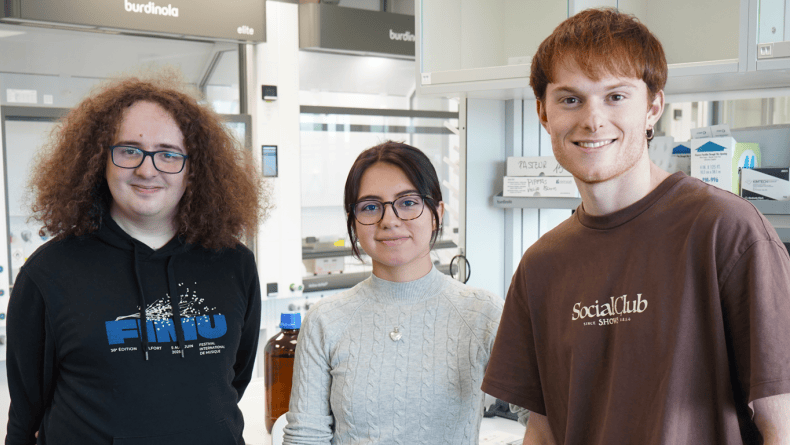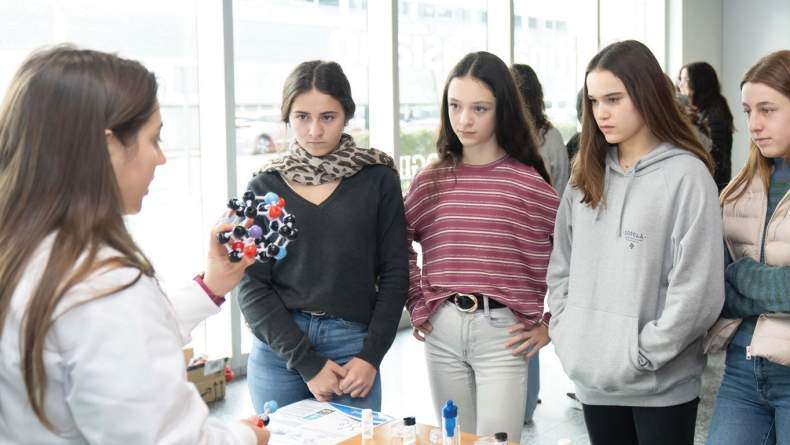The beauty of metal-organic framework bulk chemistry combined with the fascinating world of nanoparticles

The beauty of metal-organic framework bulk chemistry combined with the fascinating world of nanoparticles
STEFAN WUTTKE
University of Munich (LMU), Germany, stefan.wuttke@cup.uni-muenchen.de University of Lincoln, UK, swuttke@lincoln.ac.uk wuttkescience.com
Since the emergence of nanotechnology, it is a matter of fact that the synthesis and the manipulation of nano-objects can drastically change or even create new functionalities from the nano- to the macro-world and from inorganic matter to living cells.
Within the context of material sciences, researchers have shown that the combination of inorganic and organic chemistries in one single material, named metal-organic framework (MOF), offers structural designability at the molecular level together with tunable porosity and chemical functionalisability. In light of this, the main idea is to design hybrid nanomaterials based on metal-organic frameworks (MOFs), which could offer a new platform for biomedical applications. MOF nanoparticles (MOF NPs) combine the richness of bulk MOF chemistry with the surface- and size- dependent properties of the nanoworld. Bringing together these two worlds leads to an interdisciplinary field of research between chemistry, physics, materials science, and engineering. The past and still ongoing intensive development of synthesis routes of innovative functional MOF materials is currently enriched through their extension to the nanolevel. In doing so, scaling-down the MOF size could allow to tackle medical applications as diagnosis and therapy, which require nanometric dimensions to overcome several biological barriers. This is especially the case for drug delivery systems, which should be able to selectively and specifically deliver a drug to a site of interest.
In this talk, we describe our research aiming at the establishment of material chemistry guidelines to engineer smart MOF nanoparticles (MOF NPs) able to unlock their potential for applications in the field of life sciences. To successfully achieve smart nanoMOFs, we aim to bring together five fields of expertise as illustrated up in the Figure. Special emphasis will be given to the synthesis and characterization of MOF NPs, the MOF NPs’ external surface functionalization and their biological assessment.
 Dr. Stefan Wuttke, Senior Lecturer at the University of Lincoln (Great Britain), built up an independent research group with funding from extramural sources with the principal focus in the design, synthesis and functionalization of metal-organic frameworks (MOFs) and their nanometric counter parts targeting on one hand therapeutic and diagnostics issues, including drug delivery and medical imaging, and on the other hand biomedical applications such as peptide and protein transduction. At the same time, a basic understanding of the involved chemical and physical elementary processes in the synthesis, functionalization and application of these materials is intended.
Dr. Stefan Wuttke, Senior Lecturer at the University of Lincoln (Great Britain), built up an independent research group with funding from extramural sources with the principal focus in the design, synthesis and functionalization of metal-organic frameworks (MOFs) and their nanometric counter parts targeting on one hand therapeutic and diagnostics issues, including drug delivery and medical imaging, and on the other hand biomedical applications such as peptide and protein transduction. At the same time, a basic understanding of the involved chemical and physical elementary processes in the synthesis, functionalization and application of these materials is intended.
He is also leader of the research group “wuttkegroup for science”, hosted at the Institute of Physical Chemistry at the LMU (chair: Prof. T. Bein), and at the Center for Nanoscience (CeNS) at the LMU at the University of Munich (Germany).
Related news
Sara Martín and Stefano Lunghi Join BCMaterials as New Researchers
BCMaterials is pleased to welcome two new members to its research team: Sara Martín Iglesias, a postdoctoral researcher in the Active and Smart Materials research line, and Stefano Lunghi, a…Nanomaterials for Water Remediation and Valorization
Scientific staff at BCMaterials are developing next-generation nanomaterials combined with naturally sourced polymer membranes for water decontamination and reuse. These advanced materials not only…Three New Resarchers Join BCMaterials
The new year has brought BCMaterials the arrival of three new young scientists to our staff. They are the pre-doctoral researchers Karen Cano and Mikel Russo, along with the post-doctoral researcher…BCMaterials Activities at Emakumeak Zientzian (Women in Science)
This year marks the 10th anniversary of the Emakumeak Zientzian (Women in Science) initiative, which brings together more than 30 Basque organizations (universities, research centers, companies…) to…



